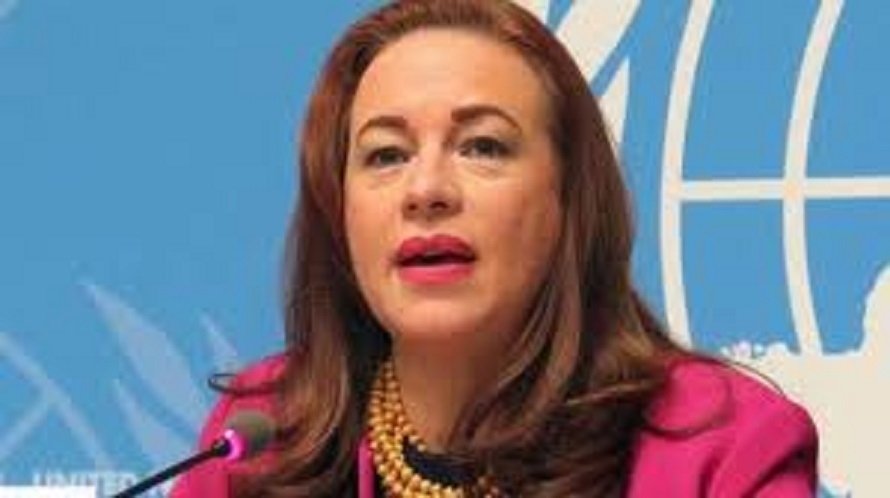NEED OF HOUR
| Date :19-Sep-2019 |

THE assertion by Ms. Maria Fernanda Espinosa, the outgoing President of the United Nations General Assembly (UNGA), that it was “extremely important” to effect reforms in the United Nations Security Council (UNSC) and also the General Assembly, in tune with changing times, makes a great sense. It is not possible to foresee when the actual reforms will be thought of and effected. Yet, the fact that many people are asking for those should be taken as a good sign. Ms. Espinosa made a very well-worded comment about the nature of the United Nations -- that the UN is “not like a written-in-stone organisation from 75 years ago. We have to be a contemporary, 21st century organisation, while sticking to the founding principles of the UN, but to see that everyday we can do something that transforms and improves the way we work and deliver on all fronts -- the Secretariat, UN agencies and programmes, the General Assembly, the Security Council ...”.
This acknowledgement of the real need for change from as important a person as Ms. Maria Fernanda Espinosa has its own value when such a need is being felt the world over for quite many years now. India has been on the forefront pushing for reforms at the United Nations. That it has sought a bigger role for itself in the UN affairs, is only one part of the Indian stance, but the bigger part pertains to the demand for a more just and balanced world order. It pertains to the general lack of appropriate importance to developing nations in international affairs.
For decades, developing nations -- referred to as Third World -- have been looking forward to the status of not just receivers of aid but also deciders how global resources are to be distributed without and beyond political bloc-alignments. India has often championed the cause of equitable distribution of common resource pool, which was often impeded by the politically-driven structure of the United Nations. The reforms about which much discussion is taking place in the past few years are being suggested in the area of universalisation of opportunity in decision-making. Some suggestions even talk of withdrawal of the Veto system in the Security Council by way of which one nation can upstage things owing to its political alignment and diplomatic engagement.
At least ten member-nations, including India, have been asking for an expansion of the Security Council’s membership so that a small group of powerful member-nations does not toy with larger interests. There is no doubt that the powerful member-nations’ contribution to the UN kitty is much bigger than that of other member-nations. But that also is one reason why they get a greater say in world matters on the strength of their economic prowess. This has often led to an inequitable component in decision-making, often unjust with member-nations with lesser economic clout. In the last two years, even though it has not said things in so many words, the United States under President Mr. Donald Trump has aired the concern of having to pay heavily for other countries’ interests.
Translated, the American concerns expressed by Mr. Trump also may hint at some changes in the UN methods. However, the US has not talked much about the reforms in the UN simply because some suggestions also aim at reducing the American circle of influence. Nevertheless, the movement to push for reforms at the UN has seen rise and fall in acceptance at various times. Ms. Maria Fernanda Espinosa’s statement, however, has brought the issue to fore on the world stage. It would be out of place to wonder why she did not push these thoughts when she was in chair. But then, we must grant her the benefit of doubt that it took her quite some time to realise what was actually not right at the UN and that it needed change.